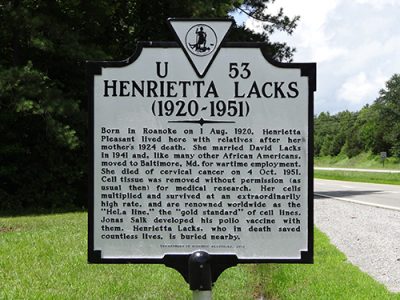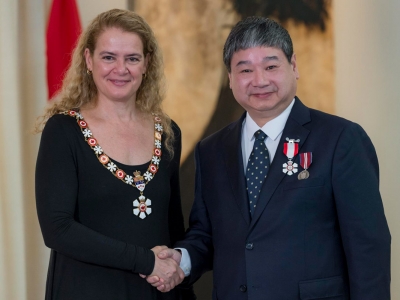By Karen Kelly
Arielle Kayabaga first came to Canada as an 11-year-old refugee from the central east African country of Burundi. Twenty years later, on Sept. 20, 2021, she was elected as the Member of Parliament for London West.
“I never imagined running for Parliament,” says Kayabaga, a student in Carleton’s Master of Political Management (MPM) program. “I lived on the margins. I grew up in social housing.
“But I realized how much power [elected officials] had over our lives. Decisions were being made in these spaces and there weren’t many people who look like me—who have the same experiences that I do—who were sitting at those tables.”
Kayabaga’s life in Canada began in Montreal, where her francophone family landed before moving to London, Ontario. While it took her six to 12 months to learn English as a child, other family members had a harder time. Kayabaga began to advocate for francophone education and rights in London, while playing the role of translator within her family.

London West MP Arielle Kayabaga
“I first got involved by advocating for francophone services in the City of London and in Ontario,” says Kayabaga, who was part of the movement to make Ontario a bilingual province. “I was advocating for my family and for my mom, who took much longer to learn English. I wanted her to have services in a language that she understands and can express herself in.”
Initially, Kayabaga attended York University. But a family move to Ottawa led her to consider options in the National Capital Region. When she visited Carleton, she immediately felt at home.
“When you go to university, I think your biggest fear is that you will end up feeling like a number. Right away, I felt like I fit in,” says Kayabaga, who appreciated Carleton’s African student community.
After earning a Bachelor of Arts, Political Science, Kayabaga returned to London to work in education. She then won a seat on the city council and became an advocate for affordable housing and better transit—a debate that prompted her to run for federal office.
“People were speaking against the bus rapid transit system in London who probably hadn’t taken the bus in 30 years,” she recalls. “It completely floored me. I took the bus at that time and I realized that we weren’t making the right decisions because the right people were not at the table. We trusted these people who didn’t have the lived experience.”
When Kayabaga won her seat in Parliament as a Liberal candidate, it prompted a flurry of congratulatory messages on social media from professors and students in her MPM classes. She’s currently studying on a reduced course load to allow her to concentrate on the duties of a new Member of Parliament.
“I’m still trying to navigate it. We’ve spent a lot of time just trying to get used to the system,” says Kayabaga, who sits on the Standing Committee for Citizenship and Immigration and the Standing Committee for Official Languages.
She credits her staff for supporting her through the transition and helping her focus on her goals as an MP.
“I’d like to get to a place where we are providing more housing for young Canadians across the country and we’re providing more affordable units for all Canadians,” says Kayabaga. “As we know, that’s been a huge struggle in the last couple of years, especially with the pandemic pushing a lot of people out of homes. That’s really important to me.”
As a Black woman, an immigrant and a young mother, many see Kayabaga as a role model. But she’s reluctant to accept that title.
“I wasn’t trying to be a role model. I wasn’t trying to break barriers. I was just trying to make sure that at the end of the day people like me, my son and my family are not left behind.”
Friday, February 4, 2022 in Black History Month, Faculty of Public and Global Affairs, Political Management, Political Science
Share: Twitter, Facebook



